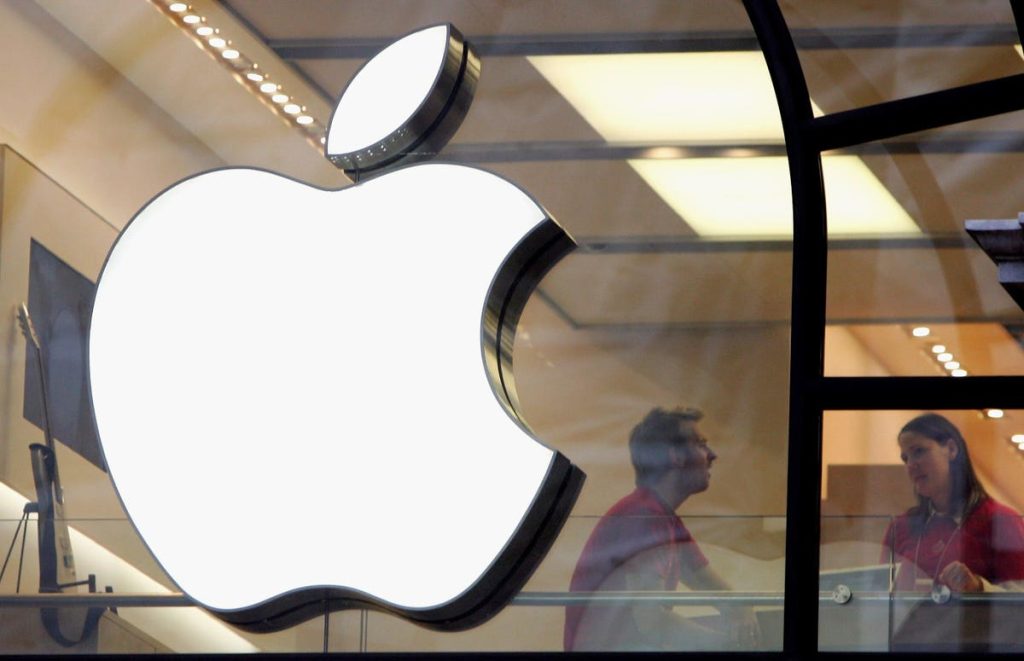Apple is secretly developing its own generative AI tools to challenge OpenAI’s GPT and other language models like Google’s Bard, reports Mark Gurman of Bloomberg News. Internally dubbed “Apple GPT,” the company’s ChatGPT clone is already being used by some employees for work tasks.
Gurman reveals that a cross-functional collaboration is underway at Apple, with teams from AI, software engineering, and cloud infrastructure working together on this covert project. This initiative is driven by concerns within Apple that its devices may lose their essential status if the company lags behind its competitors in AI.
AI has been a component of Apple’s devices for years, primarily operating behind the scenes to enhance photo and video quality, and to power features such as crash detection. More recently, Apple has begun to introduce AI-powered enhancements to its iOS.
However, Apple’s roadmap for delivering generative AI to its customers remains unclear, though an announcement is expected later this year.
The framework for Apple’s LLM, known as “Ajax,” is built atop Google’s Jax machine learning framework. Apple does not host its own servers for this technology, instead, it relies on Amazon Web Services and Google Cloud. Ajax was conceived to consolidate machine learning development within the company.
A prototype of a ChatGPT-style generative AI chatbot is currently in use internally for work tasks. The chatbot’s initial rollout, which occurred as an experimental move at the end of last year, was delayed due to security concerns surrounding generative AI. Although access to the tool has since been expanded, employees are prohibited from using its outputs for consumer-facing uses. According to insiders, the technology does not appear to surpass any other offerings currently available in the market, working very similar to ChatGPT and Bard.
The integration of a generative AI LLM into Apple’s devices could significantly enhance Siri, which has historically lagged behind rivals like Amazon’s Alexa in terms of capability. This could potentially lead to more intuitive, in-depth answers, bridging the gap between Siri and its competitors in functionality.
Moreover, the integration of this technology could extend beyond Siri, potentially enhancing some of Apple’s key software products, including its iWork Suite, Final Cut Pro, Apple Music, and other apps.
Read the full article here










